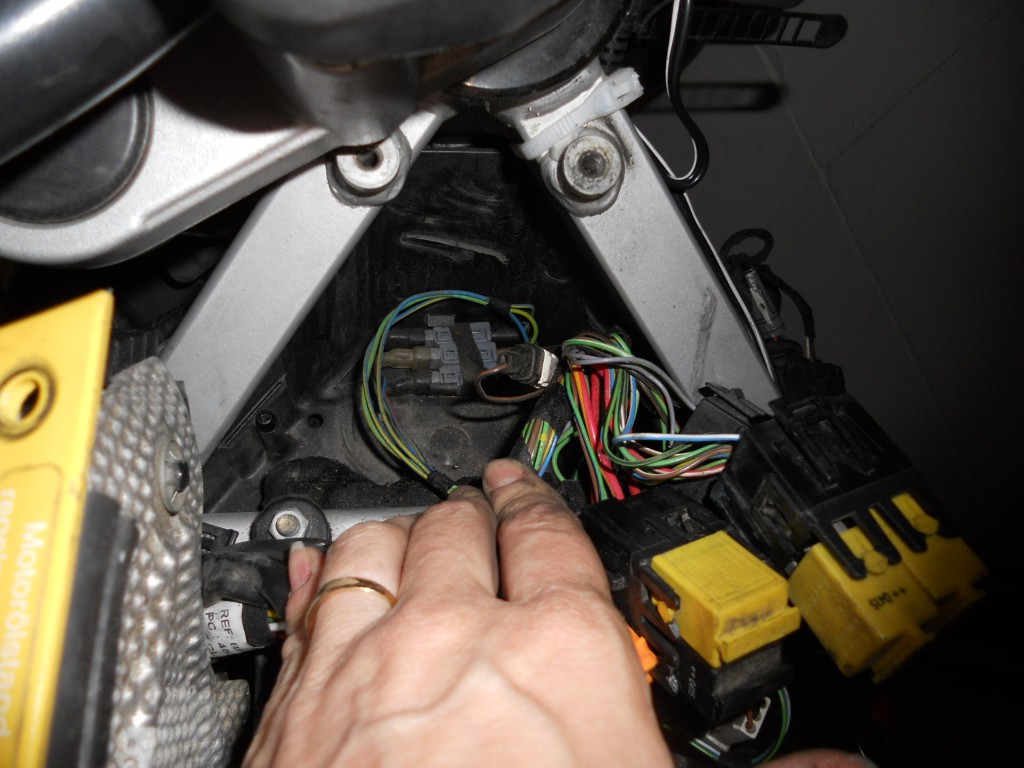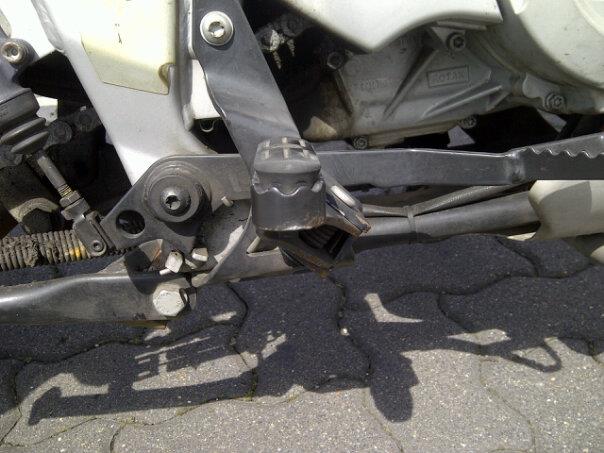For those who don’t get the joke (seemingly everyone I know), the title refers to a line in the movie Spinal Tap, in which lead guitarist Nigel Tufnel informs journalist Marti DiBergi that his Marshall amplifier head is “one louder” because the volume knob is numbered from one to eleven, instead of one to ten like a regular production model.
There you have it. I have now had a spinal tap. Also known as a lumbar or dural puncture, it’s a test used to identify issues involving cerebral-spinal fluid, the stuff that keeps your brain afloat in your head and prevents concussions from occuring when you move your head around. The actual spinal tap procedure is not particularly painful. If you’re me, it doesn’t really hurt at all. Removing the needle is more painful than inserting it. Et cetera. If you don’t mind, I’ll keep the reasons for the test private. The results were completely negative, which should suffice.
All of this is not sounding especially exciting, is it? Certainly not enough for a blog post from this somewhat reluctant blogger. You are correct, so far, the whole spinal tap thing is, frankly, another boring medical procedure that people occasionally have to undergo. You go to the doctor’s office, sign some forms, and get poked in the back. Typically using 22g Quincke needle, between L4 and L5. About 5ml of fluid is removed, you lay down and rest for a little bit and then you go your merry way.
My neurologist, a rather studied dude who carefully answered my questions about the procedure, was rather business-like throughout the whole affair. The actual puncture is a very routine procedure, one done by neurologists on a very regular basis. It is the full Monty, while the more common epidural insertion is the specialty of anesthesiologists. In an epidural, care is taken to avoid a dural puncture, because firstly, it’s not necessary, and secondly, well, it can cause issues.
The issue in question here is called the Post-Dural-Puncture Headache. It’s why you have to sign that release form before the test.




